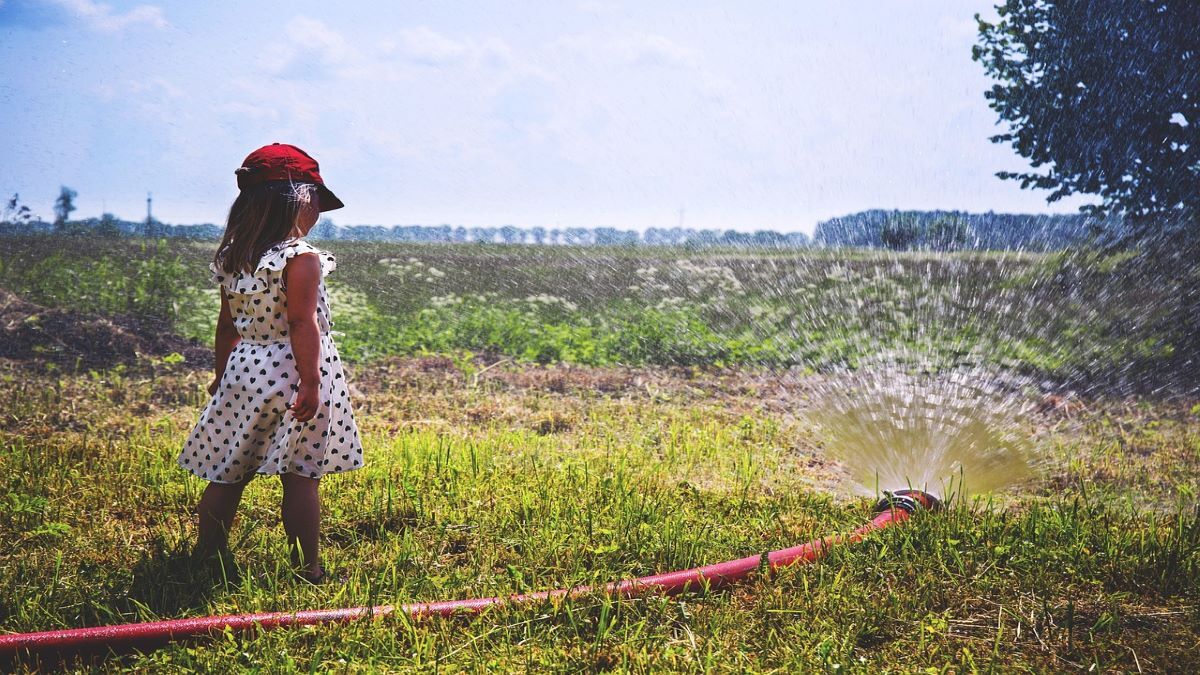Pork and cattle producers have joined a lawsuit against a final rule announced Jan. 18 by the U.S. Environmental Protection Agency and the U.S. Department of the Army establishing a durable definition of “waters of the United States” that is designed to reduce harm to communities and waters.
The “Revised Definition of ‘Waters of the United States’” rule will be effective March 20, an EPA website said. The final rule’s goal is to establish “a clear and reasonable definition of ‘waters of the United States’” to reduce uncertainty from changing regulatory definitions.
“The final rule restores essential water protections that were in place prior to 2015 under the Clean Water Act for traditional navigable waters, the territorial seas, interstate waters, as well as upstream water resources that significantly affect those waters,” a news release said. “As a result this action will strengthen fundamental protections for waters that are sources of drinking water while supporting agriculture, local economies and downstream communities.”

EPA Administrator Michael Regan.
| Twitter/Collin O'Mara
Congress recognized that protecting the waters was important for healthy communities and a thriving economy when it passed the Clean Water Act 50 years ago, EPA Administrator Michael Regan said in the release.
“Following extensive stakeholder engagement, and building on what we’ve learned from previous rules, EPA is working to deliver a durable definition of WOTUS that safeguards our nation’s waters, strengthens economic opportunity, and protects people’s health while providing greater certainty for farmers, ranchers, and landowners,” Regan said.
However, the National Pork Producers Council and others filed a lawsuit Jan. 18 in federal court in Texas, contending the rule is confusing and that certain producers “will constantly be at risk that any sometimes-wet feature on their property will be deemed WOTUS by the agencies using vague and unpredictable standards.” That would make “normal business activities in that area subject to criminal and civil penalties.”
The rule should be held unlawful under the Administrative Procedure Act for the unworkable definition that conflicts with the Clean Water Act, “the Constitution, and Supreme Court precedent,” the lawsuit said.
The Clean Water Act establishes pollution control and discharge standards intended to maintain the quality of water that is used for drinking and recreation and that serves as a habitat for wildlife, an EPA summary said.
“The CWA made it unlawful to discharge any pollutant from a point source into navigable waters, unless a permit was obtained,” the summary said.
The final rule is outside EPA’s and the Army Corps of Engineers’ jurisdiction and beyond Congress’ intention with the Clean Water Act, the National Pork Producers Council said. Pork producers would be subject to “vague and unpredictable standards,” the council’s website said. Farmers could be forced to obtain permits for routine farm activities such as planting seeds and applying fertilizer.
“Stewardship of natural resources is a top priority for pork producers," chief legal strategist Michael Formica said on the council's website. "The WOTUS rule creates significant confusion, still seeks to regulate land use activities and drainage features constructed by farmers that are far beyond EPA’s jurisdiction and will create significant concerns for both livestock and row crop farmers.”
"As stewards of the land, farmers understand that clean water is important," Gene Copenhaver, a Virginia cattle producer and the policy vice chair of the National Cattlemen’s Beef Association, told Meat + Poultry.
“Unfortunately, this rule lacks common sense and makes our lives more complicated,” Copenhaver said. “My cattle operation in southwest Virginia has a creek that only carries water after large storms. Under this WOTUS rule, we could be subject to complex federal regulation.”







